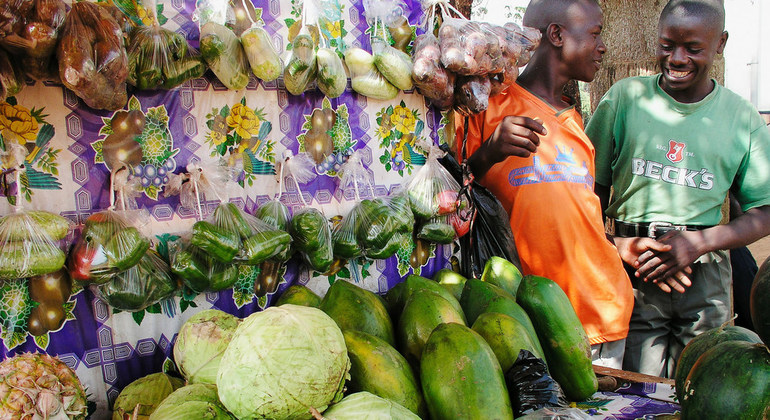“These deaths are entirely preventable,” said Tedros Adhanom Ghebreyesus.
Unsafe food – contaminated by bacteria, viruses, parasites or chemical substances – also causes nearly one-in-ten people, or some 600 million, to fall ill globally each year.
“World Food Safety Day is a unique opportunity to raise awareness about the dangers of unsafe food with governments, producers, handlers and consumers”, he stated.
Just as food safety contributes to food security – human health, economic prosperity, agriculture, market access, tourism and sustainable development – unsafe food hinders these resources by straining health care systems and harming national economies, tourism, trade and development.
In many low- and middle-income economies, unsafe food that has caused workers to suffer illness, disability and premature death, costs $95 billion in productivity annually, WHO estimates.
Improving hygiene practices in the food and agricultural sectors helps to reduce the emergence and spread of antimicrobial resistance along the food chain and in the environment, the UN explained.
‘No food security without food safety’
The theme of this year’s first commemoration on Friday is that “food safety is everyone’s business”.
Cognizant of the urgent need to raise awareness, promote and facilitate actions for global food safety, the General Assembly decided to designate 7 June as World Food Safety Day.



